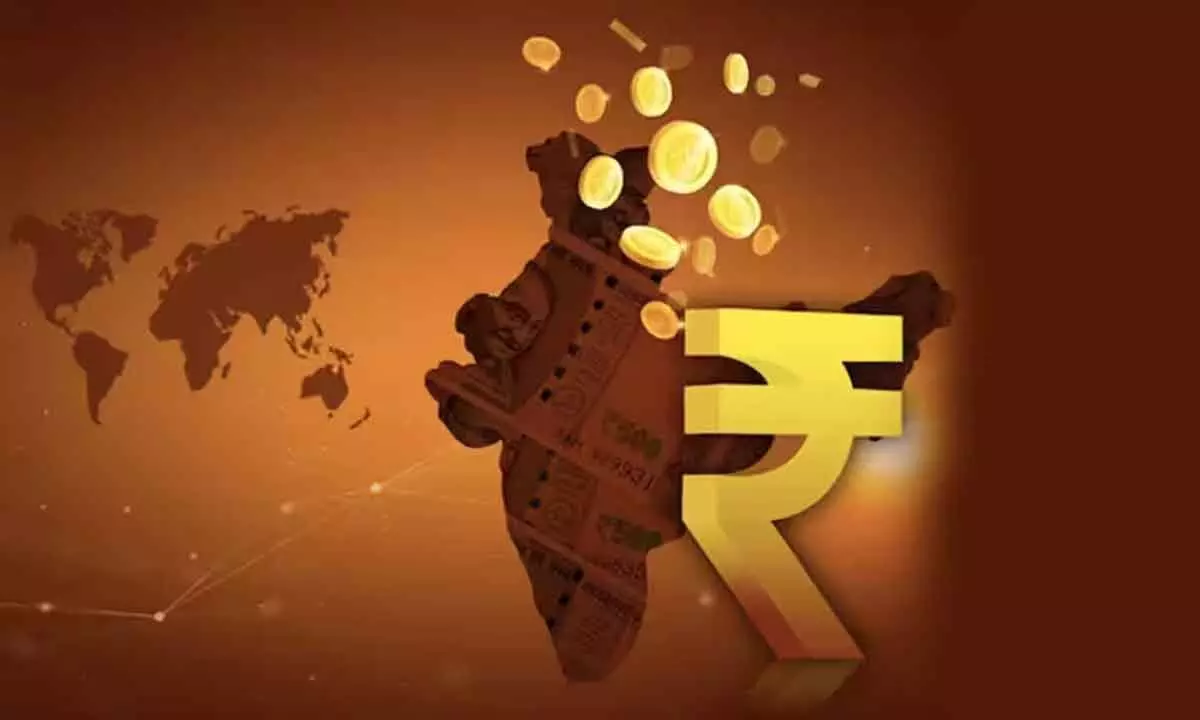Budget wish list: IESA seeks PLI for battery materials, GST cut to fuel growth
Calls for supply chain incentives to make India a global hub for the advanced battery manufacturing ecosystem
image for illustrative purpose

Some of the key area for which we are asking the governments attention is support for manufacturing incentive for the supply chain industry. With the ACC (Advanced Chemistry Cell) PLI scheme, cell manufacturing has already started. We are seeking support from Ministry of Finance through an additional incentive which could be like a PLI (production-linked incentive) for battery materials - Dr Rahul Walawalkar, president, IESA
To make India a global hub for the advanced battery manufacturing ecosystem, the industry body India Energy Storage Alliance (IESA) has put forward pre-budget recommendations to the Finance Ministry. These recommendations entail reducing the GST rate to a uniform five per cent, preventing double taxation on energy storage systems, and advocating for exemptions on Customs and excise duty, among other key measures.
For many developed countries as it is not possible to localise all aspects of manufacturing, India’s energy storage sector has an opportunity to not only support Giga factories coming up in the country but also support global battery manufacturing capacity. Speaking to Bizz Buzz on the incentives and initiatives that the Centre has to take up to boost the industry’s growth, Dr Rahul Walawalkar, president and MD, CES India and president, IESA, said that tax incentives will enable domestic manufacturing to pick up in the long run and also bring in more investments into India’s energy storage industry.
“Some of the key area for which we are asking the governments attention is support for manufacturing incentive for the supply chain industry. With the ACC (Advanced Chemistry Cell) PLI scheme, cell manufacturing has already started. We are seeking support from Ministry of Finance through an additional incentive which could be like a PLI (production-linked incentive) for battery materials,” Dr Walawalkar said.
The other key demand is GST rationalisation. Under the current GST regime, the tax rates on lithium-ion batteries stand at 18 per cent. GST for advanced batteries on the higher side ranges between 18 to 28 per cent. Other than lithium-ion, all other battery chemistries are attracting 28 per cent. The president said, “Right now there is a disconnect, for example, for electric vehicles the batteries are taxed at five per cent, if batteries bought as standalone then it is 18 per cent for lithium-ion, and for others it is almost 28 per cent. We need a standardised GST preferably at five per cent, which is already allocated for EV, across various applications.”
The other recommendations include revise in duties for cells and supply chain components, affordable funding, easy access, common facility centres for manufacturing clusters, increasing the Centre’s spending on R&D by 20 per cent, exempt Custom Duty for Energy Storage systems being imported particularly from the countries where India has ties on Free Trade Agreements, and electricity duty, cross subsidy surcharge to be levied on the final consumption of electricity.
India Energy Storage Alliance is an industry group working towards development of advanced energy storage, green hydrogen and e-mobility technologies in India. IESA community has 180 members of which more than 40 are startups. On the challenges that startups are facing in this industry, Dr Walawalkar informed that the major challenge is financing. He said, “As many of these technologies are new, banks typically do not finance energy storage and so is the case with venture and equity investments. While tech and service-based startups are successful in attracting funding, hardware side we need serious investors who understand this manufacturing ecosystem, have appetite for risk, and understand technology. When people are investing in manufacturing the month-on-month or ARR growth cannot be expected.”
IESA has been working with the Ministry of Environment, Forest and Climate Change and is part of the new battery management and handling rules. The recycling industry right now in its infant stage in India will grow exponentially bigger in the next five years, Dr Walawalkar said adding, “We believe that the batteries being used in EV’s will last for over five years before ending up being recycled. The biggest challenge is not the technology for recycling but making sure the batteries do not end up in the landfill. Customers have to make sure to send the battery for recycling as there are more than 10 companies in India that are setting up recycling facilities in different parts of the country.”

